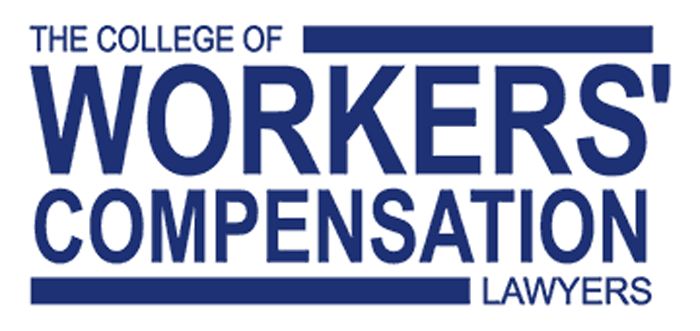
If you have been hurt at work, then the acronyms thrown around you can be a sudden onslaught of confusion and frustration. The acronyms are actually various benefits and specific situations that you are entitled to under the Indiana Worker’s Compensation Act. Two types of disability benefits under Indiana workers’ compensation are temporary total disability (TTD) and temporary partial disability (TPD).
TTD & how it works
Temporary total disability (TTD) benefits are provided to employees who are completely unable to work for a temporary period due to a work-related injury or illness. To be eligible for TTD, you must be unable to perform any work due to the injury, and a doctor must certify that you are unable to work. It is possible to be able to work, but not a full range of work because of medically imposed restrictions, and still receive TTD benefits if your employer does not have work that meets those restrictions.
TTD includes:
- Payments of two-thirds (66 2/3%) of your average weekly wage (AWW).
- Subject to a maximum weekly limit, which is periodically adjusted based on the date of your injury.
- Continues until you are able to return to work, reach maximum medical improvement (MMI) or 500 weeks, whichever comes first.
TTD benefits can only begin after a 7-day waiting period. The waiting period is unpaid. If the time you are unable to work is longer than twenty-one days, then TTD will begin retroactive to the first day of inability to work (waiting period is paid).
TPD & how it works
Temporary partial disability (TPD) benefits are provided to employees who can return to work but at a reduced capacity due to their injury or illness. This means they can perform some work but are not able to earn their pre-injury wages, either because of reduced rate of pay, or reduced number of hours worked. To be eligible for TPD, you must be able to work in a limited capacity but earn less than your AWW before the injury, and a doctor must certify the extent of your work capacity and limitations.
TPD includes:
- Payments of two-thirds (66 2/3%) of the difference between the employee’s pre-injury AWW and the actual wages earned while partially disabled by the injury.
- These benefits also have a maximum limit, similar to TTD.
- TPD continues until you can earn pre-injury wages, reach maximum medical improvement (MMI), or 500 weeks, whichever comes first.
Remember, MMI refers to the point at which an employee’s condition has stabilized and is unlikely to improve further with additional medical treatment. Once MMI is reached, TTD or TPD benefits may end, and the employee may be evaluated for permanent total disability benefits if applicable.
It’s important for employees to report injuries promptly and follow the necessary procedures to receive these benefits. For specific advice or assistance with a workers’ compensation claim, consulting with a qualified workers’ compensation attorney, like Roger Finderson, or contacting the Indiana Workers’ Compensation Board can be helpful.
Want to learn more about worker’s compensation? Need help with a work comp claim?
Finderson Law LLC offers free consultations to discuss your case. Give our firm a call at (260) 420-8600, use the chat box on our website, or email us using the website! We are always here to help bring our clients comfort, hope, and ease regarding the complications of the law. As Attorney Roger Finderson is now licensed in Florida, we are happy to help Floridians alongside Hoosiers.



 744 E Till Rd, Suite 102
744 E Till Rd, Suite 102

